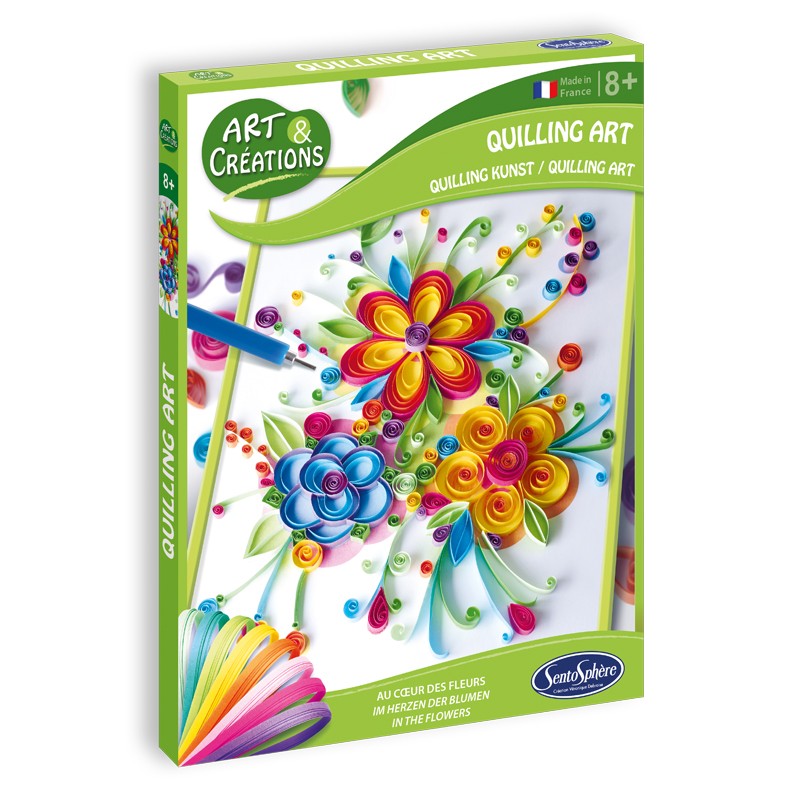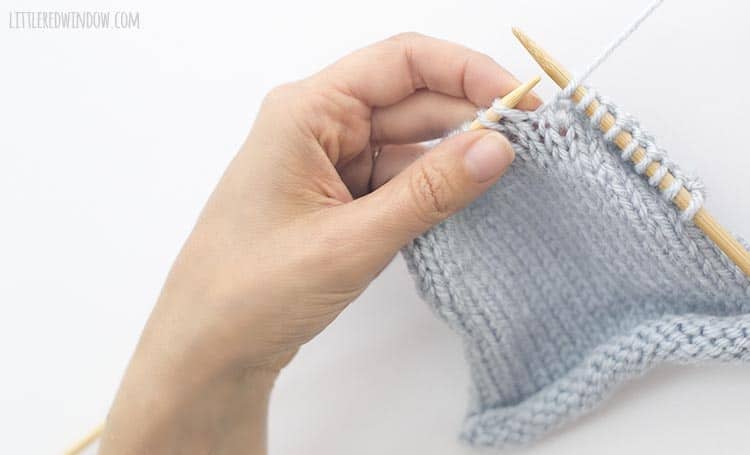
A jigsaw puzzle consists of pieces with odd shapes that must be assembled. Each piece contains a part of the picture. When the puzzle pieces are combined, the image appears complete. There are many benefits to jigsaw puzzles, so why not give them a try? These are the most common layouts, as well as how to build them. Jigsaw puzzles not only provide entertainment, but also offer many benefits to the mind and body.
Benefits from jigsaw puzzles
One of the many advantages of jigsaws is their ability to improve cognitive skills. The act of solving a puzzle requires you to pay close attention to the root cause. This is the basis of your solution and you then place each piece at the right spot. This skill can be transferred to the workplace, making you more creative. You also have a better ability to think critically and be more flexible. What are the benefits to you from jigsaws puzzles?

Common layouts
Many jigsaw puzzles feature images that have a variety in colors, textures, or elements. It is important to have a background. A beautifully designed puzzle will attract puzzle enthusiasts for years to come. Here are some examples of common layouts. These are the most common types of puzzles.
Here are some ways to build a puzzle out of jigsaws
It is important to have space for work when building a jigsaw. A typical 1000-piece puzzle will take about five feet of space. Keep some sorting tray handy for loose pieces. You will find it easier to sort the pieces if they are facing in the same direction. The more experience you have, the easier it will be to determine if a piece will fit in a different place.
Health benefits of jigsaw Puzzles
Jigsaw puzzles are an excellent way to improve your overall health. Jigsaw puzzles stimulate brain processes that create and maintain new brain cells. Additionally, you'll enjoy the fact that solving puzzles requires concentration. This will increase your alertness and activity. Apart from improving your health, solving jigsaws puzzles will increase your brain's production dopamine. Dopamine is a happy chemical. Upon completion of a puzzle, you will feel a sense of accomplishment.

MBTI personality types may enjoy solving jigsaws
INFPs are people who love solving problems and solving jigsaws. This personality type is both analytically and creative making it a good activity for those with MBTI personality type. While you might not find puzzles as exciting as a traditional game, they can help you develop traits that you desire. These are the top reasons puzzles might appeal to you:
FAQ
What are educational hobbies?
An educational hobby involves a sport or other activity where you can learn something from doing it. This could be anything you want, such as playing sports or learning how to play an instruments.
It should be enjoyable and have fun. You don’t have to do it constantly, but you should consider what other activities you could be engaging in instead.
You should also make sure that you are not spending too much money on these activities. It could end up costing your more than it's worth.
What are good hobbies for seniors?
Senior citizens should be able to enjoy activities that they are passionate about. They should also try to stay active by participating in sports and other physical activities.
They may be interested in joining clubs to find people with similar interests. As they age, this will help them feel less alone.
Seniors must also be on the cutting edge of new trends. They could be interested in fashion, art, music and literature.
What is a hobby for kids?
For kids, a hobby can be any activity that they are interested in doing as part of their everyday routine. Some kids like to build things, draw, paint, write, or play with toys.
Many parents worry about their children getting into trouble if they have the freedom to do what they want. This isn't necessarily true, though. Your child won't get in trouble if they are safe and don't do any harm to anyone.
It is important to remember that people may not always choose to do what they enjoy. If they are passionate about drawing but hate writing, they might choose to draw pictures over writing.
There are many hobbies available, so you can choose the one you like best.
How much does a hobby cost you?
It costs nothing to start a hobby. If you're serious about your hobby, it can take you years to get what you want.
However, there is something that can help. It's called "passion". If you have passion about something, it will make it easier for you to work hard.
You may become addicted to the activity once you have put in enough hours. Here is the fun part! You are now doing something that you love and getting better every day. So by the end of the year, you will probably have made quite an improvement.
So don't worry too much about how long it takes. Try it! You may be surprised.
Why do we need hobbies?
Hobbies are an integral part of our daily lives. They allow us to relax, unwind and think creatively. We also have the chance to learn new skills and pursue lifelong passions.
Hobbies give us meaning and purpose in life.
These can often be a great way to get some extra time while you have nothing else.
And they're fun!
If you don’t make time for a hobby then it’s probably not worth your time.
Consider all of the possibilities available to your. Maybe you should consider starting a hobby.
Statistics
- A new survey by Pew Research Center of teens ages 13 to 17 finds that 36% of girls feel tense or nervous about their day every day; 23% of boys say the same. (pewresearch.org)
- 37% Video Games 36% Travel 36% Health and Fitness (quizexpo.com)
- Studies show that just six minutes of reading can reduce stress levels by 60 percent. (oberlo.com)
- This 100% accurate personality-analyzing hobby quiz discovers your passion based on your characteristics. (quizexpo.com)
- Almost 80% of people claim to have no hobby. (hobbylark.com)
External Links
How To
How to find the right hobby for you
You might be able tell if your hobby suits you by asking yourself questions.
-
Do I enjoy doing it?
-
It gives me pleasure?
-
Are you interested in continuing this hobby even after your age?
-
Am I good at it?
-
What can I do to improve?
-
Would I recommend it for others?
-
Will it bring you happiness?
-
Is it going to help me to relax?
-
It will make me feel better about my self?
-
Do I get to learn skills that will be useful later in my career?
-
Can it help me make new friends?
-
It will allow me to express myself creatively?
-
Do I have the opportunity to learn something new?
-
It will give me confidence.
-
Is it going to give me a sense of accomplishment?
-
It could lead to financial success.
-
Can it allow me to travel?
-
Will it allow me to explore new places?
-
It will encourage me to exercise.
-
Will it encourage me to work harder and do I feel inspired?
-
It will it motivate you to succeed?
-
It will involve me in activities I would not normally consider?
-
Will it challenge me?
-
It could be fun.
-
Is it going to keep me fit?
-
It will save you money.
-
Is it likely to reduce stress?
-
Is it going to stop me from getting bored?
-
Do you think it will help me save time?